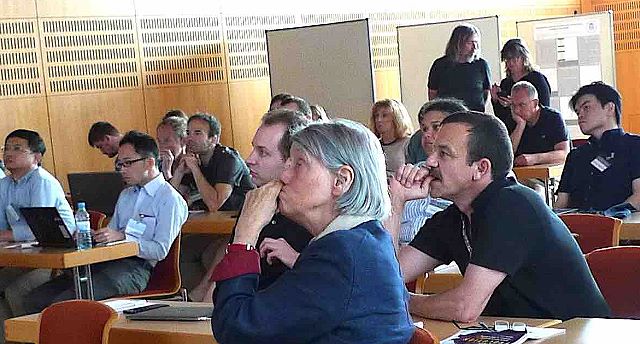
Review: Symposium Salzburg 2018 >
About
The regulatory system that works in development, morphology, cell fate and identity, physiology, genetic instructions, immunity, memory/learning, physical and mental disease depends on epigenetic marks. Genetic sequences of all organisms in all domains of life can be marked according to their environmental and social experiences. The communication of cells, persistent viruses and their defectives such as mobile genetic elements and RNA networks ensures both the transport of regulatory instructions and the reprogramming of these instructions.
With the emergence of epigenetic memory, organisms can fix historical and context- dependent impressive experiences. Evolution from now on learnt to learn. Learning means organisms can avoid reproduction of always the same. This is key to adaptation.
Epigenetic regulation emerges as a fine-tuned genome-wide network that can rapidly remodel and reprogram genetic content. Epigenetic switching outcompetes genetic mutations (error replications) during adaptation to changing lifeworld. Epigenetic markings can have both short-term and long-term functional effects such as soma to germline inheritance.
However, inheritance of acquired characteristics is only one of the many examples of the explanatory power of epigenetics. Behavioral epigenetics demonstrates the way in which environmental and social experiences produce individual differences in behaviour, cognition, personality, and mental health.